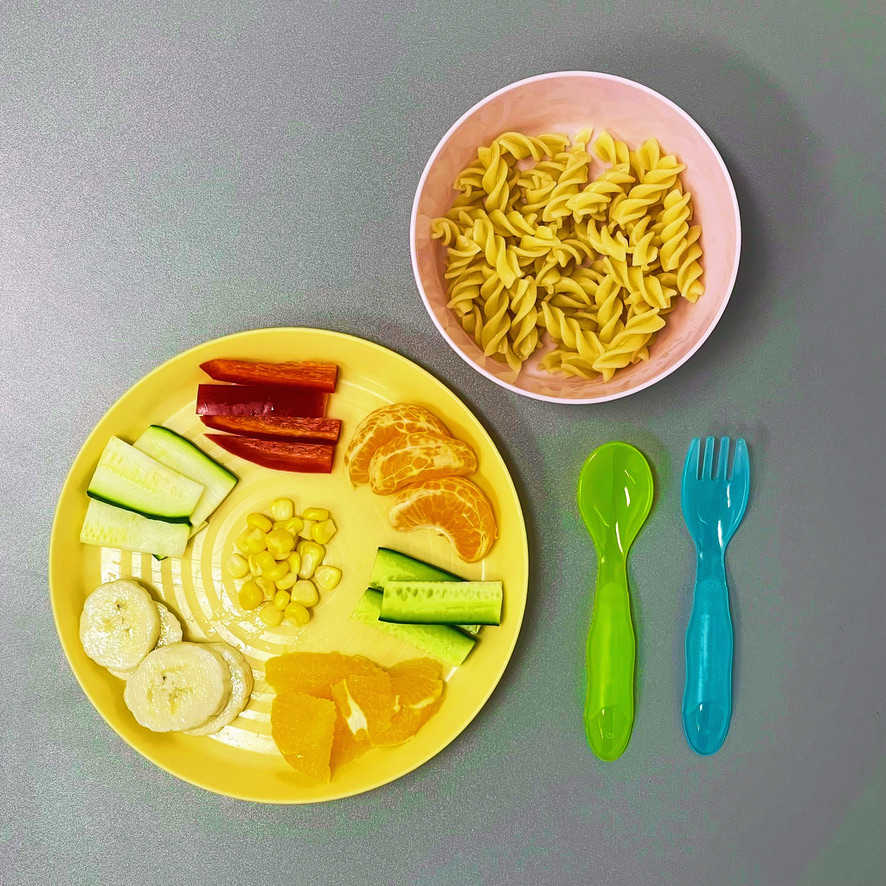
Why Children Should Avoid Squeezies
Squeezies have become a popular choice for parents seeking convenient and easy meal options for their children. Found in most supermarkets, these squeezies are marketed as healthy and time-saving alternatives to traditional meals. However, while they may seem like a perfect solution for busy families, there are several reasons why children should avoid eating from squeezies regularly. Here, we’ll explore the potential downsides of squeezies and why traditional eating methods are more beneficial for your child’s development.
Lack of Oral Motor Development
Impact on Chewing Skills
Chewing is an essential skill that children need to develop as they grow. Eating solid foods helps to strengthen the muscles in the mouth and jaw, which are crucial for speech development and overall oral health. Squeezies, however, often contain pureed or finely mashed foods that don’t require much chewing. This can delay the development of these important muscles and skills.
Reduced Exposure to Textures
Introducing children to a variety of textures is important for their sensory development. Squeezies tend to have a uniform texture, which limits a child’s exposure to the different textures of whole foods like fruits, vegetables, and grains. This can make it more difficult for children to accept and enjoy a variety of foods as they grow older. It can lead to picky eating.
Nutritional Concerns So You Avoid Squeezies
High Sugar Content
Many squeezies, even those labeled as healthy, can contain high levels of sugar. While fruits are naturally sweet, the pureed form found in squeezies often concentrates the sugars, making it easy for children to consume too much sugar at once. This can contribute to tooth decay and may lead to a preference for sweet foods over healthier options.
Limited Nutritional Variety
Relying on squeezies can lead to a lack of nutritional variety in a child’s diet. Whole foods provide a range of essential nutrients that are important for growth and development. While squeezies can be a convenient option occasionally, they should not replace a balanced diet that includes a variety of fruits, vegetables, proteins, and grains.
Behavioural and Developmental Issues
Reduced Mealtime Interaction
Mealtimes are important opportunities for social interaction and learning. When children eat from squeezies, they miss out on the family mealtime experience where they can learn about different foods, table manners, and social skills. Sitting down to eat with family members helps children develop healthy eating habits and positive associations with food.
Potential Overeating
Squeezies can be consumed quickly and without much effort, leading to the risk of overeating. When children eat too quickly, they may not have enough time to recognise their body’s hunger and fullness cues. This can lead to overeating and difficulties with regulating food intake in the future.
Environmental Concerns
Increased Waste
Squeezies contribute to environmental waste. The packaging is often not recyclable, leading to an increase in plastic waste. By choosing whole foods and preparing meals at home, parents can help reduce their environmental footprint.
Encouraging Healthy Eating Habits to Avoid Squeezies
Offer Whole Foods
Encourage your child to eat whole foods that require chewing and provide a variety of textures. Fresh fruits, vegetables, whole grains, and proteins are all important parts of a balanced diet that will support your child’s growth and development.
Involve Children in Meal Preparation
Involving children in meal preparation can make them more interested in trying new foods. Let them help with washing vegetables, stirring ingredients, or setting the table. This hands-on experience can make mealtime more enjoyable and educational.
Create a Positive Mealtime Environment
Make mealtimes a positive and stress-free experience. Sit down together as a family, without distractions like TV or tablets, and focus on enjoying the meal and each other’s company. Encourage your child to try new foods without pressuring them, and praise their efforts when they do.
Use Squeezies Sparingly
If you do choose to use squeezies, use them sparingly and not as a replacement for regular meals. Consider them as an occasional convenience for travel or busy days, but prioritize offering whole foods as much as possible.
Conclusions on Why Children Should Avoid Eating From Squeezies
While squeezies can be a convenient option for busy parents, they should not replace traditional meals that involve whole foods. The potential downsides, including delayed oral motor development, nutritional concerns, and reduced mealtime interaction, highlight the importance of encouraging children to eat a varied and balanced diet. By focusing on whole foods and creating a positive mealtime environment, parents can support their child’s overall development and instill healthy eating habits that will last a lifetime.
How OneOnOne Children’s Therapy Can Help
If you’re concerned about your child’s eating habits or developmental milestones, OneOnOne Children’s Therapy in Bondi Junction and Mascot offers specialised programs to support your child’s growth. Our team of experienced Occupational Therapists, Speech Pathologists and Certified ESDM Therapists provides personalised interventions to help your child achieve their full potential. They are members of Speech Pathology Australia and AHPRA.
Contact Us Today
Located conveniently in Bondi Junction and Mascot, our clinics are dedicated to helping children overcome developmental challenges. Call us at (02) 8065 7837 or email us to schedule an appointment. You can also book a free 30-minute phone call to discuss your child’s needs and learn more about our programs.
Help your child develop healthy eating habits and strong developmental skills. Contact us today and see how we can make a difference!
